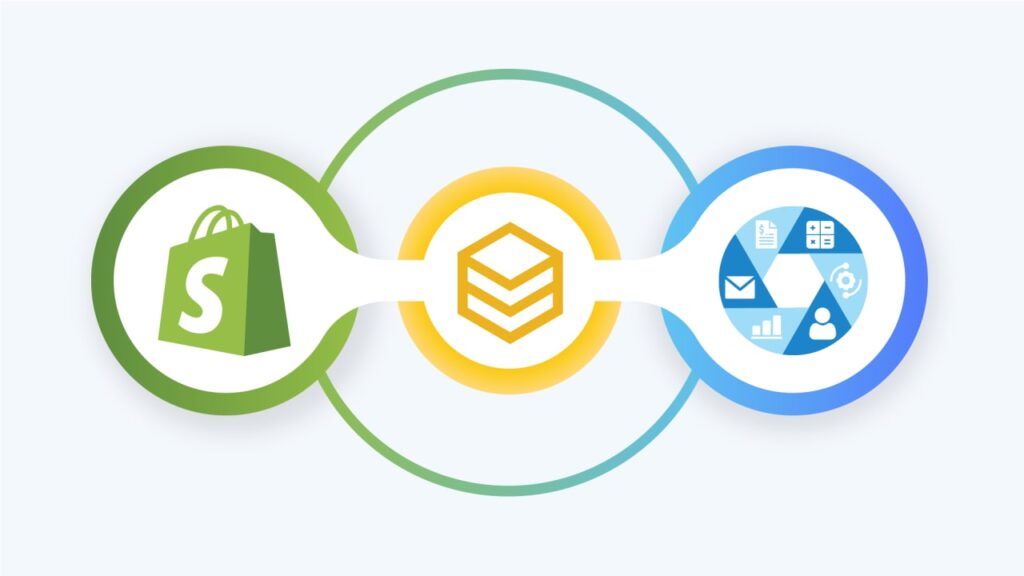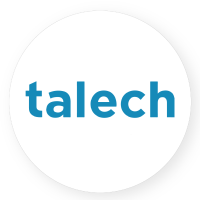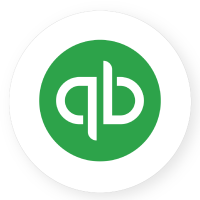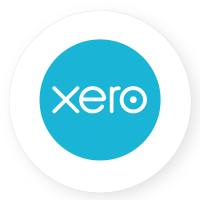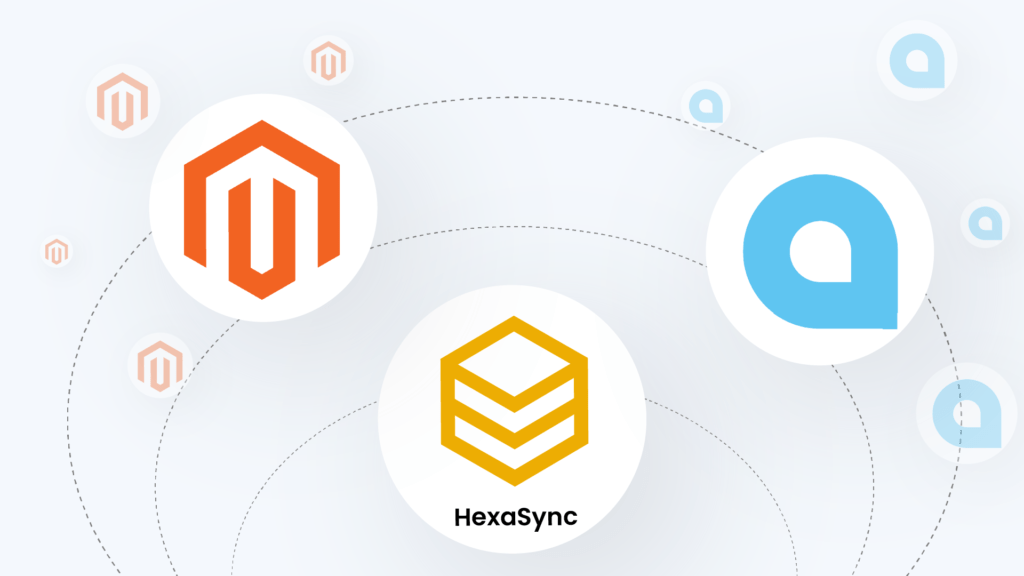Rapid digitization, further accelerated by the pandemic, has increased the demand for websites and mobile applications. But these digital properties are not readily available. Teams have to work to build them from ground zero as per a brand’s requirements. For this, PHP and Node.js have been two of the leading and most preferred programming languages.

But both of these programming languages have been introduced on very different timelines. PHP has been around since 1995, and Node.js only came into existence in 2009.
However, the date of their release has no impact on the overall market share of these programming languages. While PHP has been in the market for a long time, Node.js also enjoys similar levels of popularity!
When it comes to choosing a language for a project, there are often adverse situations where one might have to choose between PHP and Node.js.
It is never easy to make this choice as there are so many things to consider here. So this article will dive into the details and help you pick the programming language that best suits your requirements.
Table of Contents
What is PHP All About?
PHP is one of the most prevalent server-side scripting languages developers use to build dynamic and static websites and web applications. The term PHP is a recursive acronym that stands for Hypertext Preprocessor. This clarifies that PHP can process HTML and run on a server before sending the same to a browser and processing it again.
Consequently, PHP becomes highly beneficial for developers as they only need interfacing for the language instead of implementing it. So, developers get the much-needed flexibility to create more complex applications with numerous features.
One can use PHP on HTML or even in tandem with web content management systems, web template systems, and other web frameworks. Besides that, PHP can also contain different tags, such as HTML, and client-side scripts like JavaScript. So, developers with prior experience in HTML can seamlessly build applications and websites with the PHP programming language.

What Is Node.js All About?
Have you heard of JavaScript? Node.js is the JavaScript runtime environment with almost everything you need to execute a written program in JavaScript. Node.js came into existence as the original developers of JavaScript needed a programming language that would allow them to create and execute applications on a machine and web browser as a standalone application.
The programming language is based on the V8 JavaScript runtime engine, ideally suited for converting JavaScript codes into more low-level machine code. As a result, developers get access to a much faster alternative, allowing them to execute applications without having to interpret the application first.
Furthermore, Node.js leverages a non-blocking I/O model driven by events. Hence developers can initiate more than one request at a time without waiting to complete the first request. Consequently, this helps reduce the number of threads that handle the same number of I/O requests. Node.js also reduces using different resources such as RAM or CPU power.

Upsides of Using PHP
PHP has been in the market for over 25 years, giving it the competence and time to master back-end development. In addition, the language has powered more than a million websites and applications in this period. Hence it is natural that PHP has some advantages for its developers, so let’s check them out.
- Cost-effective choice since most web hosting services supports PHP.
- Free and open source
- Built-in support for MySQL
- Seamless installation since it is a server-side scripting language
- Seamless deployment of applications since PHP supports different platforms, including macOS, Windows, and Linux
- Compatible with a number of different database systems, including Oracle, ODBC, Postgres, and even MySQL Server
Downsides of Using PHP
Everything in this world has both upsides and downsides, and PHP is no exception. But as a developer, you must be aware of these downsides as it will help you make more informed decisions. So some of the downsides of PHP include:
- Developers need to go through a steep learning curve with PHP.
- Challenging the implementation of Node.js into previous PHP projects reduces the potential of cooperating with other programming languages.
- Limited compatibility with other non-relational and NoSQL databases.
- Inefficient performance compared to most other alternatives in the market.
- Resource intensive as it requires more CPU and RAM power, further limiting the ability to create websites and applications running on older devices and machines.
Upsides of Using Node.js
Just as in the case of PHP, even Node.js comes with a certain set of upsides. These upsides help Node.js stay relevant as an industry leader in this highly competitive environment. Many prominent companies such as Uber, Zendesk, Trello, PayPal, and even Uber use Node.js for these advantages. So let’s check out some of these advantages of using Node.js.
- Node.js allows developers to share and reuse codes which helps enhance the efficiency of the entire development process.
- Asynchronous request handling with the non-blocking I/O.
- Highly performant for efficient development with the V8 engine.
- Unmatched scalability for microservices allows developers to break up larger and complex components into more manageable bits.
Downsides of Using Node.js
Like its competitor PHP, even Node.js has certain disadvantages that prevent the programming language from taking the entire market to its grips. One has to understand that Node.js is a relatively new programming language that hinders its compatibility with certain modules and libraries. But besides that, other notable downsides of using Node.js include:
- Developers need to write long code lines compared to PHP.
- Inconsistency in library qualities.
- More prone to instability caused by frequent API changes.
- Not ideal for maintaining legacy PHP websites and applications.
- Relatively smaller ecosystem compared to PHP, which comes with a lot of community support and documentation.
- Fewer libraries, tools, and assets for developers to choose from.
Conclusion:
As you can see, both PHP and Node.js have their own advantages and disadvantages. So the decision lies in your hand as you first need to make efforts to evaluate all your application development requirements.
Then, based on those requirements, you can choose the programming language that best suits your requirements. But no matter what you choose, make sure you hire a reliable PHP or Node.js development company in India for your project.




